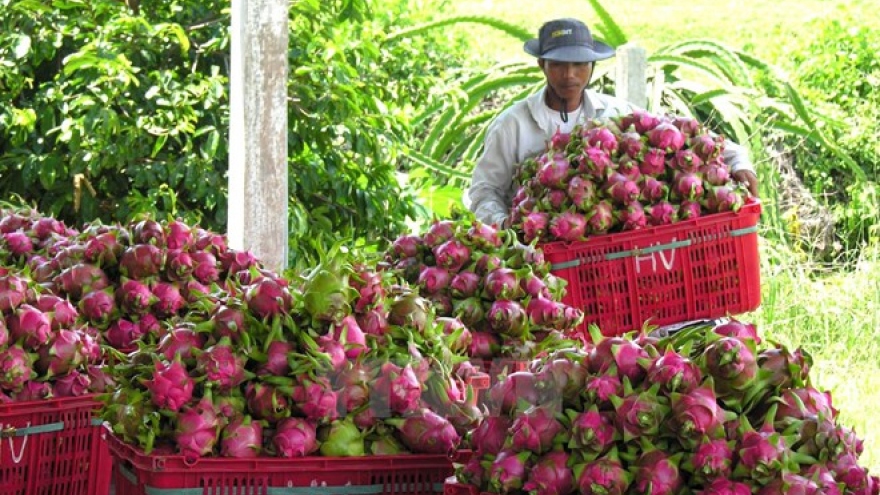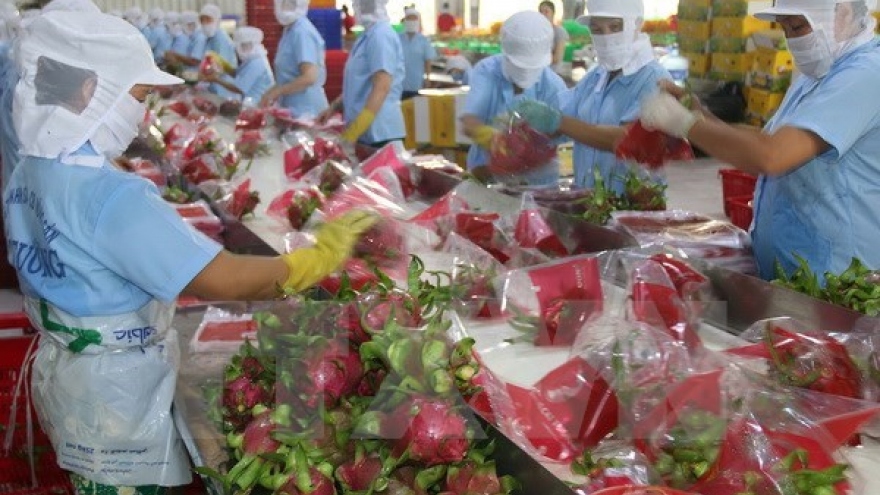Binh Thuan promotes dragon fruits in India
A promotional event was held in New Delhi, India on September 25 for dragon fruits from the south central province of Binh Thuan in an effort to expand ties between agricultural exporters from Vietnam and Indian firms.
 |
| Illustrative image. |
Addressing the event, Ambassador Thanh briefed attendees on Vietnam and the advantages of Binh Thuan in tourism and agriculture. He said he expects such promotional events will further trade relations between the two countries.
Through the event, the Binh Thuan Department of Industry and Trade hopes to introduce and promote dragon fruits, one of the province’s key currency earners in India, and provide a platform for businesses of both sides to meet, said director Kinh.
During the visit to India, officials from Binh Thuan are also scheduled to meet with the Trade Promotion Council of India and Reliance Retail Limited, a leading retailer in India. They will attend an international food and beverage trade show in Mumbai and hold another promotional event for dragon fruit at Sofitel Mumbai BKC hotel.
Dragon fruit is an agriculture staple of Vietnam, with Binh Thuan home to more than 27,000 hectares of the fruit.
Dragon fruit has dominated Vietnamese fruit exports in the first four months of 2018, with total exports reaching US$427 million, a year-on-year increase of 9%.
According to the General Department of Vietnam Customs, dragon fruit accounted for 32% of total exports of Vietnamese vegetables and fruits. Revenue from dragon fruit exports was nearly four times higher than the two fruit exports ranked below it – longan, which had an export value of US$121 million, and mangos, whose export value stood at US$104 million.
Binh Thuan produces more than 600,000 tonnes of dragon fruit annually, making it the country’s largest trading hub of the fruit. Its dragon fruits have been shipped to more than 16 countries and territories.
As of late 2017, the province boasted more than 9,500 hectares of dragon fruit farms at Vietnamese Good Agricultural Practice (VietGAP) standards. It is striving to add 300 more hectares this year.



